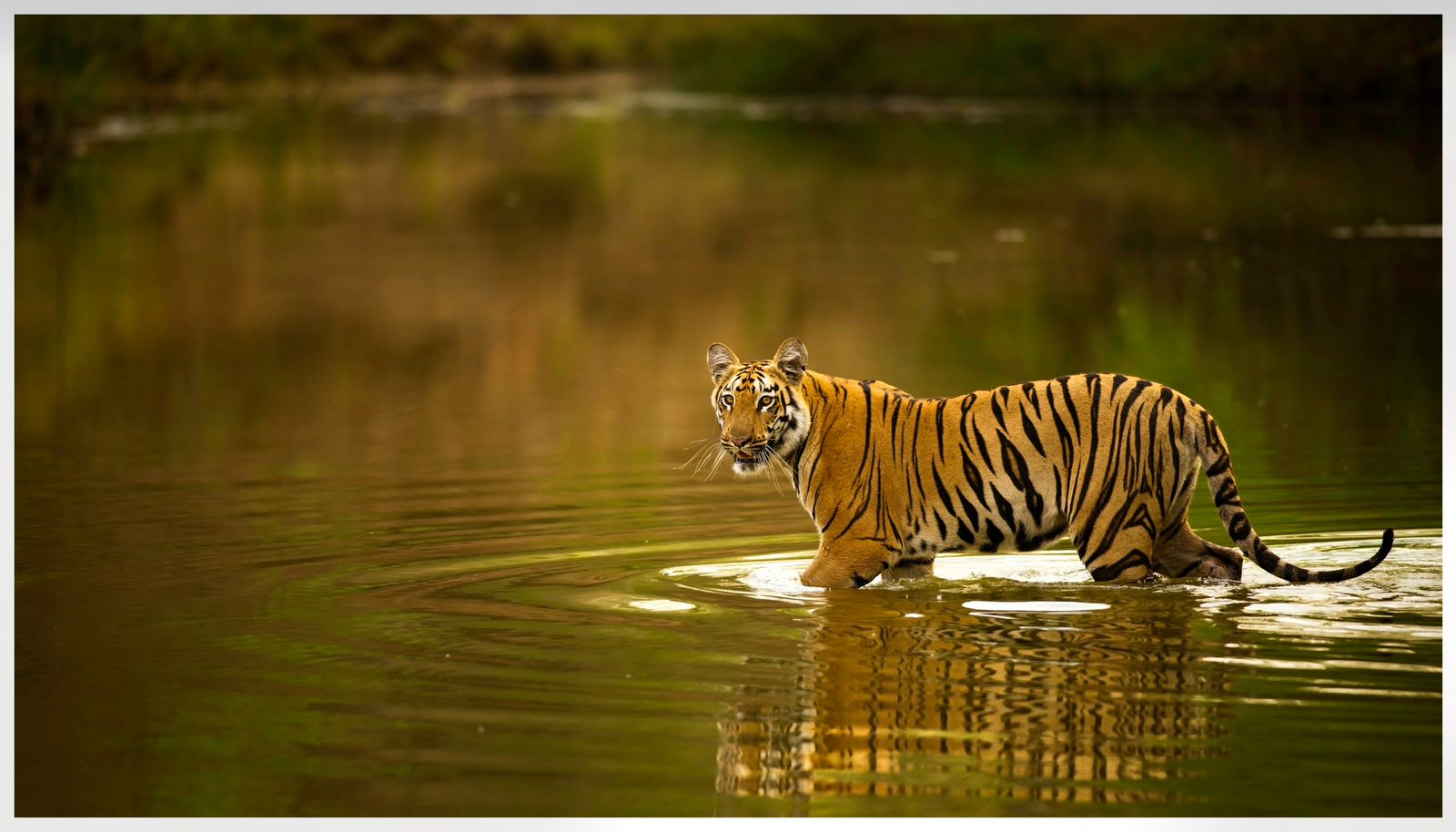Biogeography of Tipeshwar Wildlife Sanctuary
Tipeshwar Sanctuary is located in the Yavatmal district of Maharashtra state in an area known as Pandarkawda.
The sanctuary is 148.63 square kilometres in size and is densely forested. People rely on the forest for firewood, timber, and other necessities because villages surround the sanctuary. Because the terrain is steep and undulated, numerous species of plants cover the area, which varies with altitude.
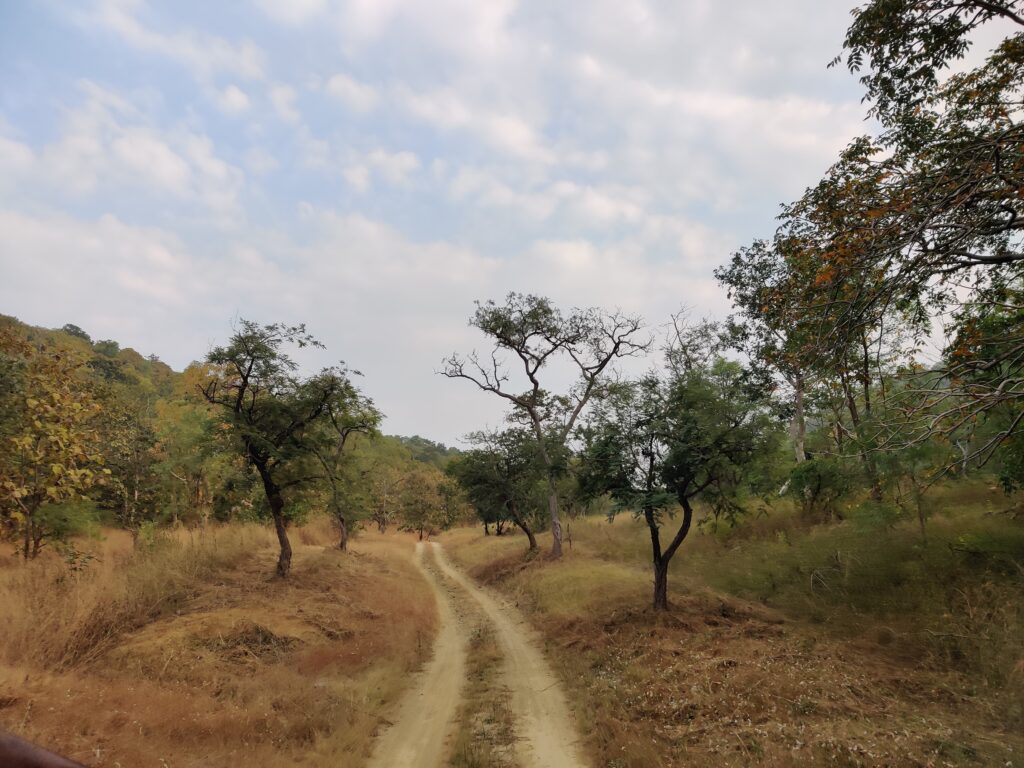
History of Tipeshwar Wildlife Sanctuary
Tipeshwar Wildlife Sanctuary is named after the goddess Tipai whose temple is located inside the forest. The four rivers flow from this wildlife sanctuary – Bhima, Purna, Krishna, and Tapti. Hence, it is also known as the Green Oasis of Eastern Maharashtra.
Gates of Tipeshwar Wildlife Sanctuary
There are three entry gates of the Wildlife Sanctuary,
- Sunna
- Mathai
- Kodori
Sunna Gate is located 7 kilometres from Pandharkawada. Whereas Mathani Gate is 23 kilometres away from Pandharkawda.
Only 24 Tiger Safaris are permitted per day. Sunna Gate has 12 safari slots (6 mornings, 6 evenings), while Mathani Gate has 12 safari slots (6 Mornings, 6 Evenings).
Every Monday, Safari is closed.
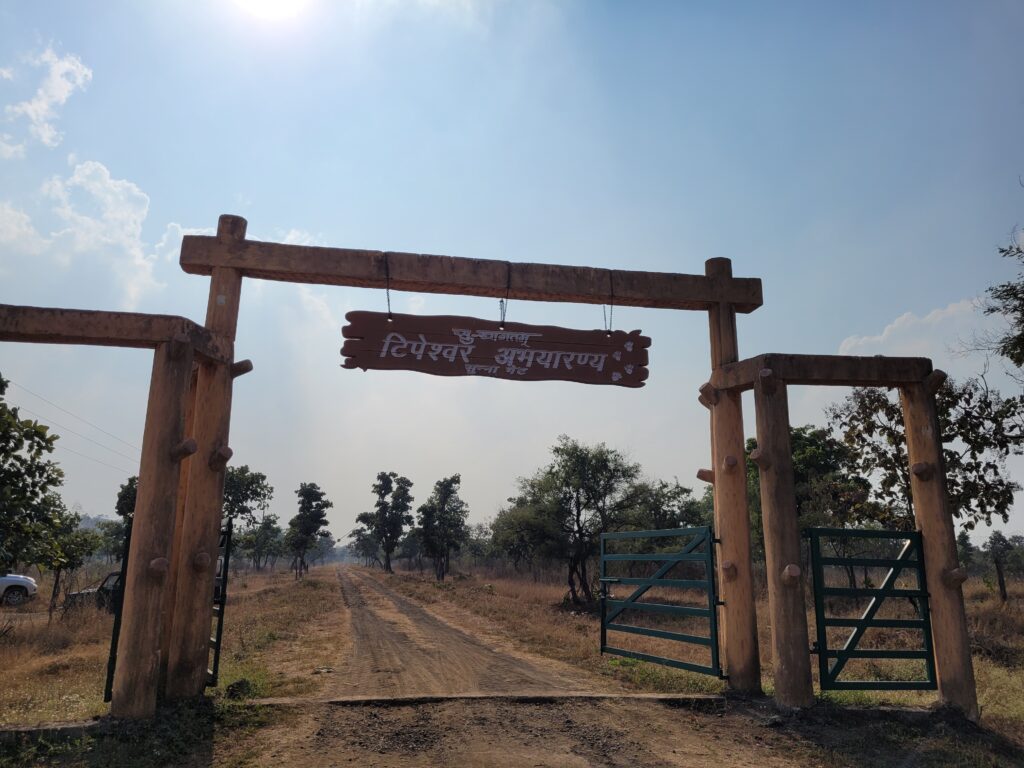
Flora of Tipeshwar
60% of the total vegetation is Teak wood, needless to say, the dominating tree species of this Wildlife Sanctuary. Approximately 15% of this park consists of Red Sandalwood (Pterocarpus santalinus), the costliest of all the sandalwoods in India. Achar, Mahua, Lendia, Bhirra Tiwas, and a variety of other types are also available.
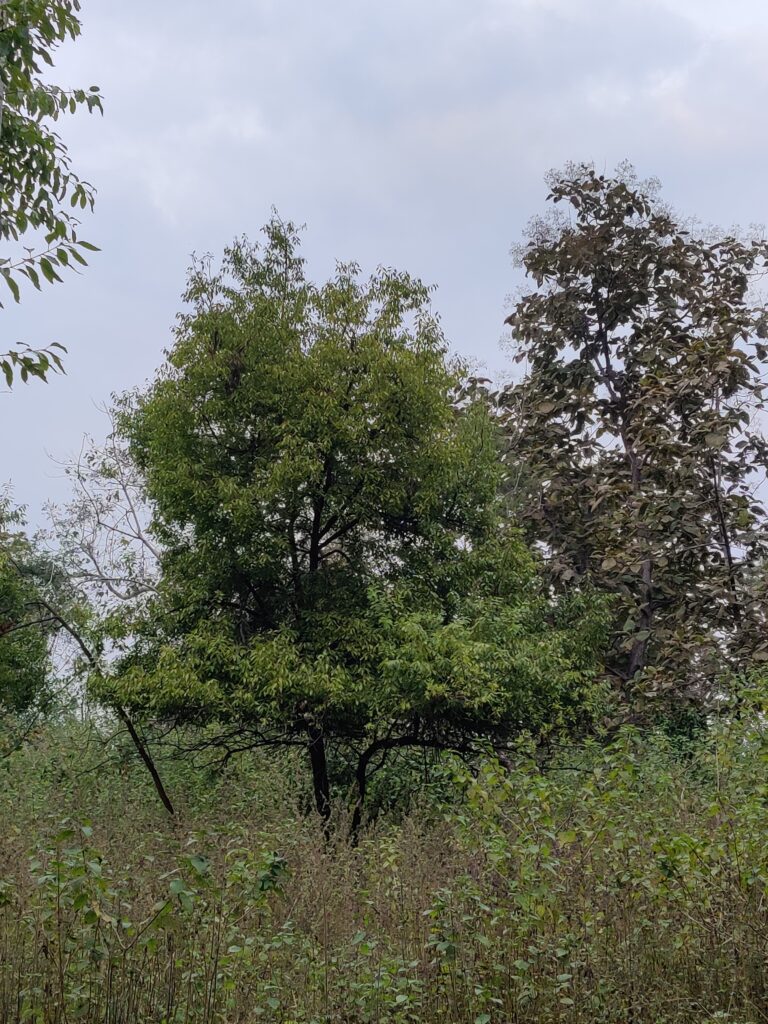
The range is also home to a diverse array of flora and grasses. Kunda, Kadmod, Guhar, Wide, Gokru, and others are among them. The sanctuary is home to about 250 species of Bamboo, which serve as a reservoir of useful, medicinal, aromatic, and aesthetic plant kinds. Bamboo trees undergrow as vast patches of Bamboo groves in Teak-dominated environments.
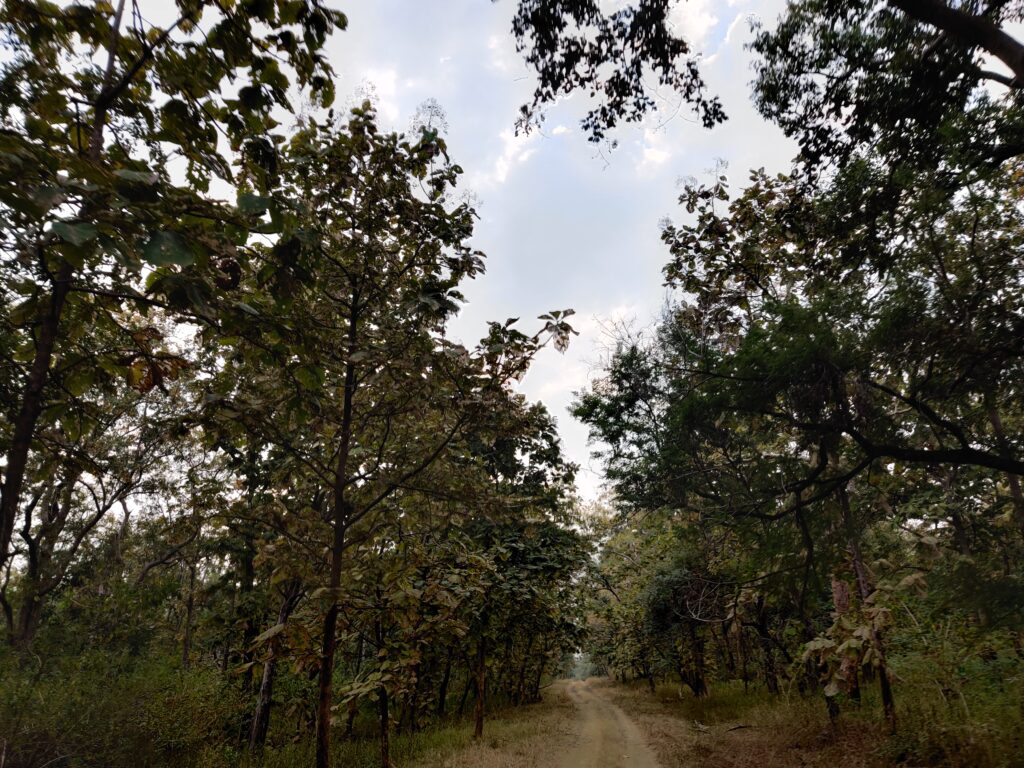
Fauna of Tipeshwar
Hyena, Chital, Black deer, Sambar, Jackal, Wild boar, Northern plains langur, Blue bull, Wild cat, Sloth bear, Rhesus macaque, Leopard, Tigers, and others are among the species that call this location home. Surprisingly, there are no Gaurs in this area.
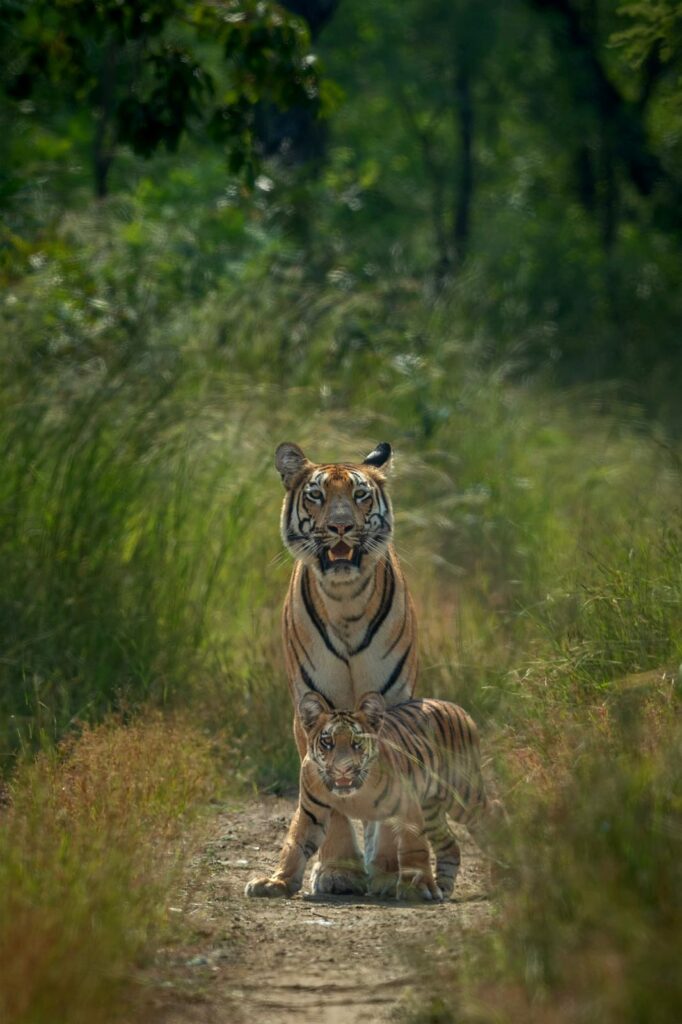
26 reptile species call this Wildlife Sanctuary their home. There are over 182 bird species here, representing 46 bird families out of which 85 kinds of rare birds.
Tigers of Tipeshwar
Only three tigers were known to live in these forests as of 2010.
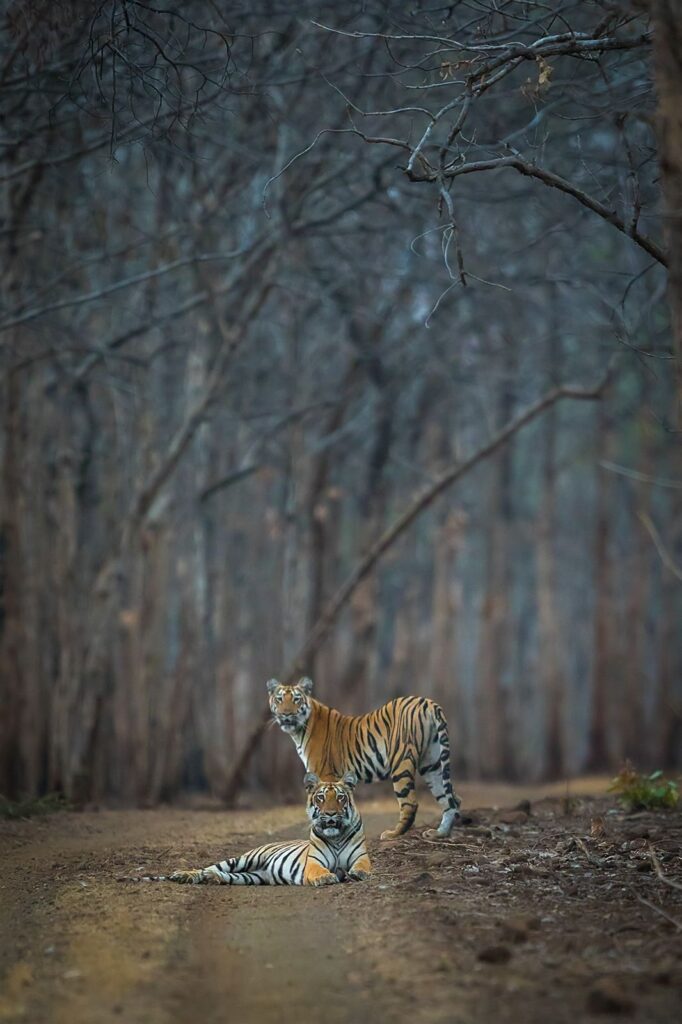
There were no previous reports of tigers (which does not rule out the possibility of a tiger presence). With conscious and responsible conservation strategies, the number of tigers has increased significantly. Today, the Wildlife Sanctuary houses approximately 20 tigers, including adults, sub-adults, and cubs.
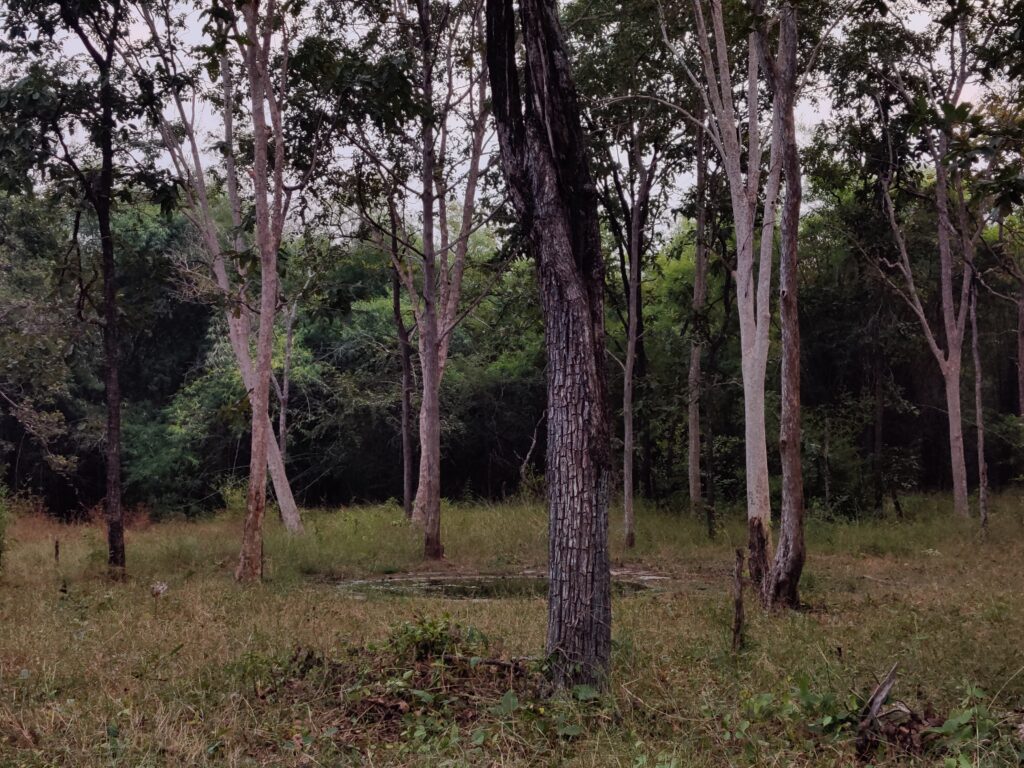
Tiger Corridors
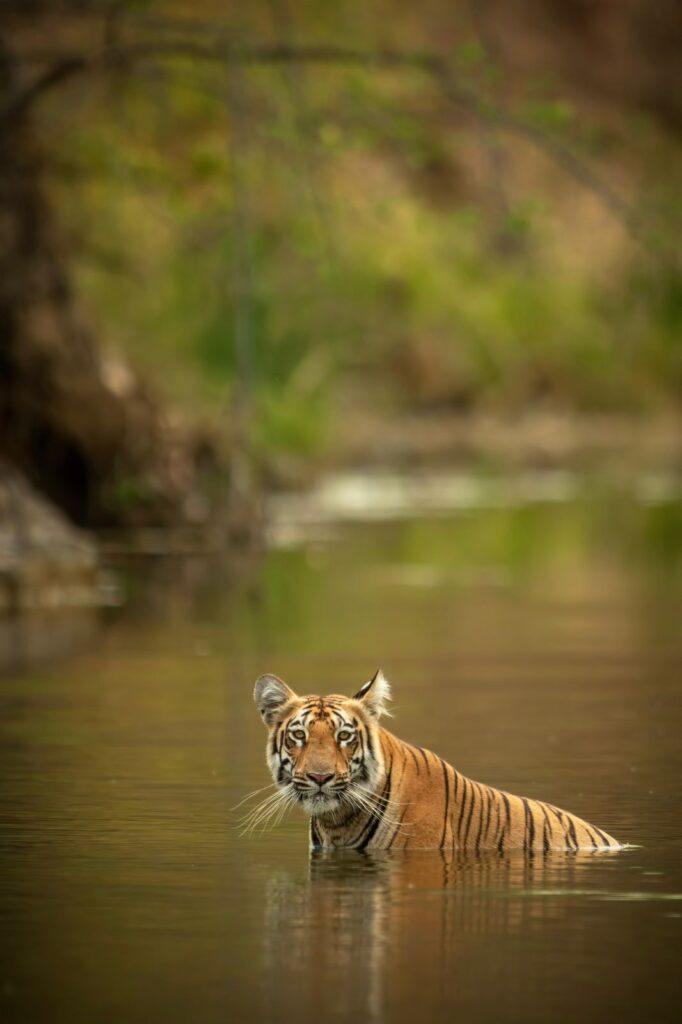
Tipeshwar Wildlife Sanctuary (TWS) in Maharashtra shares a tiger corridor with Kawal Tiger Reserve (KTR) in the former undivided Adilabad district in Telangana. Additionally, there are also corridors between Tipeshwar and Painganga (Yavatmal) & Tadoba-Andhari Tiger Reserve (TATR) (Chandrapur).
Where to stay
Waghoba Eco Lodge is set beautifully on a 12-acre land of an untraversed area in the buffer zone of Tadoba National Park. The lodge offers 14 individual cottages with a private sit-out, double vanities, a large luggage area, a Multi-cuisine dining hall, a swimming pool, a library cum lounge & a Hide for bird photography.
While staying at Waghoba Eco Lodge, you can do a day trip to Tipeshwar Wildlife Sanctuary.
Human-wildlife coexistence
Because of the area’s hilly geography, the vegetation cover varies drastically depending on height. Three villages of this area form the wildlife sanctuary. It includes Tipeshwar, Maregaon, and Pitapungari.
Whereas, a lot of villages surround the sanctuary area. For their livelihood, many peasants rely on forest products such as timber and fuel. Inside the region, moderate human activity is permitted.
How to reach Tipeshwar?
By air, the nearest airport is Nagpur. The wildlife sanctuary is 170 kilometers away.
Amravati and Badnera are the closest rail stations to the sanctuary. Both are around 165 kilometers apart. You may simply acquire a car transfer to the wildlife haven from the station.
Despite its limited size, Tipeshwar is quickly establishing itself as a premier tiger conservation and tourism destination. The sanctuary’s relatively higher frequency of tiger sightings has made it popular with wildlife enthusiasts from Hyderabad and other parts of Telangana.
Contributed by Mugdha Desphpande
To know more about Tipeshwar & its hidden treasures, get in touch with our trip curators to plan the trip – [email protected] or +91 9873879913.

